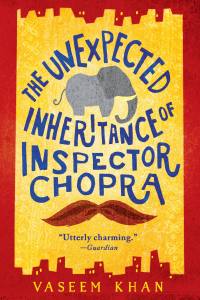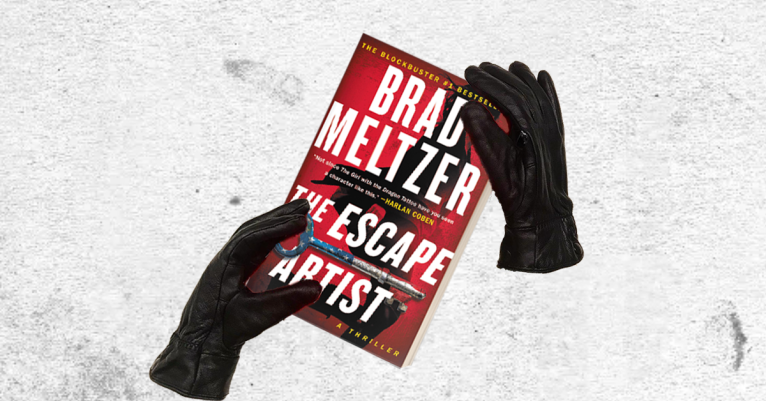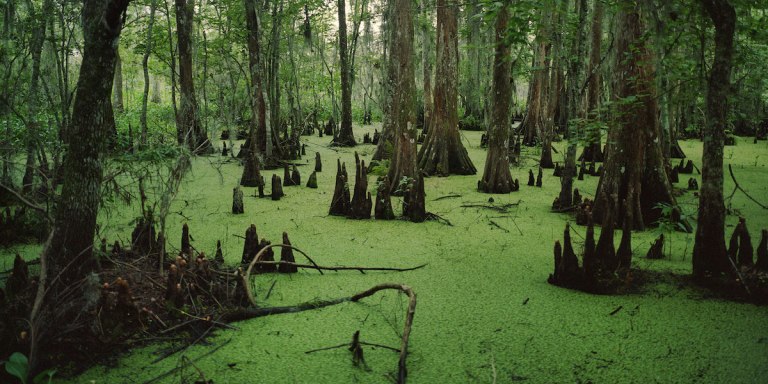The Crime Fiction Elephant in the Room

Four years ago, my first book, The Unexpected Inheritance of Inspector Chopra, was published. The book features Mumbai police inspector Ashwin Chopra, who is forced into early retirement in his late forties. But on his final day in office, Ashwin is confronted by the body of a local boy—a case his superiors ask him to ignore. (He doesn’t, of course).
Also on this last day, Chopra inherits a one-year-old baby elephant. The scene is thus set for a unique introduction to modern India. The book became a bestseller, paving the way for the series which has now reached its fourth iteration with Murder at the Grand Raj Palace.
Since the release of that first book, I have been struck by how the industry embraces geographically-localized crime fiction. Tartan noir, Scandi noir, Iceland noir—the compass is continually moving, and where it lands next is anyone’s guess.
Thus it was something of a shock to me to learn that the Indian subcontinent—a land of 1.4 billion people, and at least seven millennia of recorded history—has almost no real tradition of crime fiction. The only Indian writer with a body of work of any repute is Sharadindu Bandhopadhay whose everyman private detective Byomkesh Bakshi found fame in 32 stories penned between 1932 to 1970.
For decades, the best known Indian detective in the west was Inspector Ghote—the creation of Englishman H.R.F. Keating, who actually didn’t set foot in India until the eighth book in that series.
Related: 5 Page-Turning Mysteries Starring Indian Detectives
However, the wheel may be turning. My ‘Baby Ganesh Detective Agency’ series has won a Shamus Award and is finding readers all over the world.
My friend, and fellow Brit, Abir Mukherjee, author of the Edgar-nominated Sam Wyndham series set in 1920s Calcutta, recently released the third book in the series, A Rising Man.
We were recently asked to describe our corner of the crime fiction world. We coined the phrase ‘Masala Noir,’ in homage to the term ‘masala movie’, which is how many Bollywood movies are referred to, because of their ability to combine multiple moving parts to create something that is uniquely Indian.
My books are more than crime stories. They are my attempt to take readers on a journey to the heart of modern India, a country that I lived in during my twenties and which I saw change from a largely rural economy to a global power. And yet historical problems remain—including caste prejudice and inequality on a scale unseen in the west.
My books are set in Mumbai—the cultural capital of the country, the home of Bollywood and billionaires, a cosmopolitan world-city of twenty million souls known as India’s ‘city of dreams’. It is these streets that my character Inspector Chopra prowls on the cases that he is asked to solve, with his little elephant sidekick in tow.
In my fourth book, Murder at the Grand Raj Palace, American billionaire Hollis Burbank dies under mysterious circumstances in his suite inside Mumbai’s finest hotel. Chopra soon discovers numerous suspects who may have wished the American ill, and also stumbles across a particularly dark chapter from India’s past. To complicate matters, the evening before he was killed, Burbank purchased India’s most expensive painting at an art auction held in the hotel…
It is my hope that my books will serve as a chronicle of the changing society that is the subcontinent today. And if the term ‘Masala Noir’ helps to point readers in the direction of this particular corner of the crime fiction landscape, then why not, I say?
About Vaseem Khan
Vaseem Khan first saw an elephant lumbering down the middle of the road in 1997 when he arrived in India to work as a consultant. It was the most unusual thing he’d ever encountered and served as the inspiration behind his series of crime novels. He returned to the UK in 2006 and now works at University College London for the Department of Security and Crime Science where he is astonished daily by the way modern science is being employed to tackle crime.
On the day he retires, Inspector Ashwin Chopra inherits two unexpected mysteries. The first is the case of a drowned boy, whose suspicious death no one seems to want solved. And the second is a baby elephant.
As his search for clues takes him across the teeming city of Mumbai, from its grand high rises to its sprawling slums and deep into its murky underworld, Chopra begins to suspect that there may be a great deal more to both his last case and his new ward than he thought.
And he soon learns that when the going gets tough, a determined elephant may be exactly what an honest man needs…
By clicking 'Sign Up,' I acknowledge that I have read and agree to Hachette Book Group’s Privacy Policy and Terms of Use






